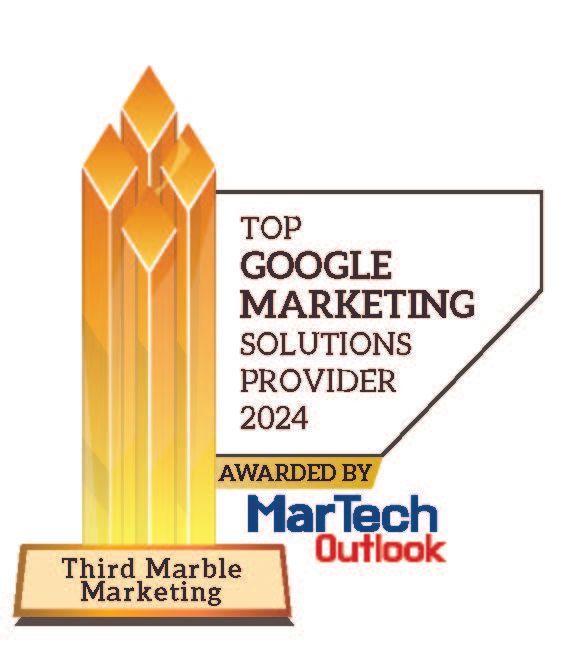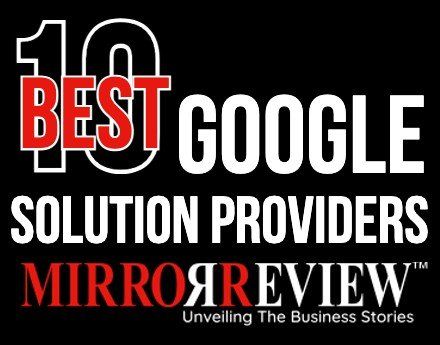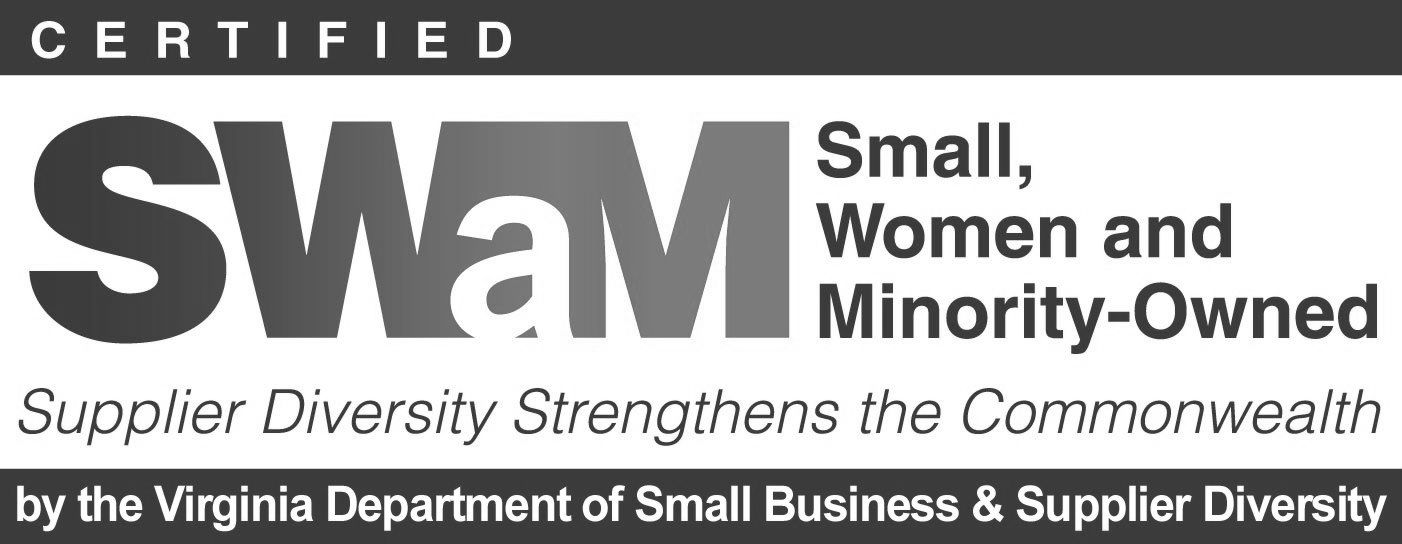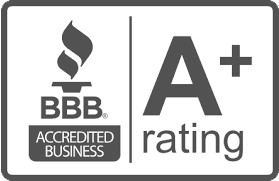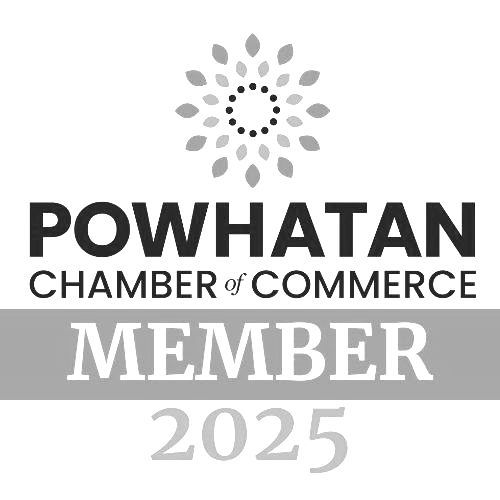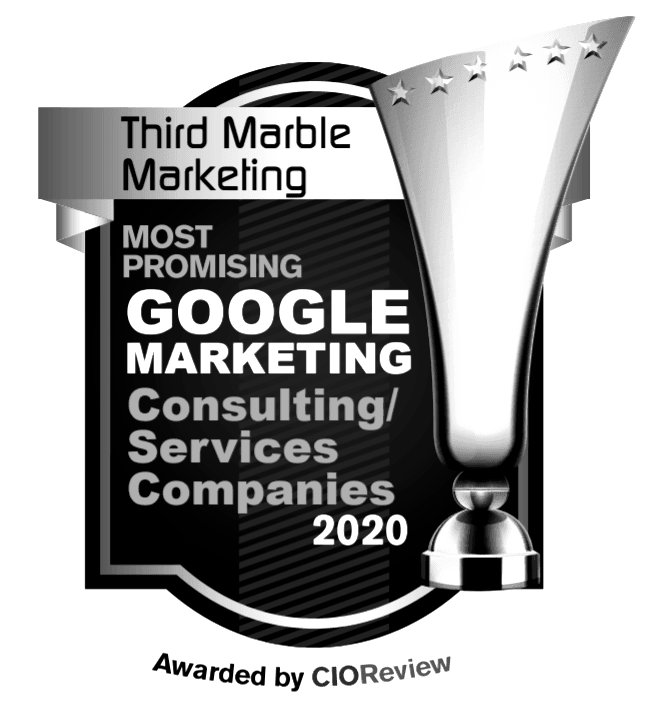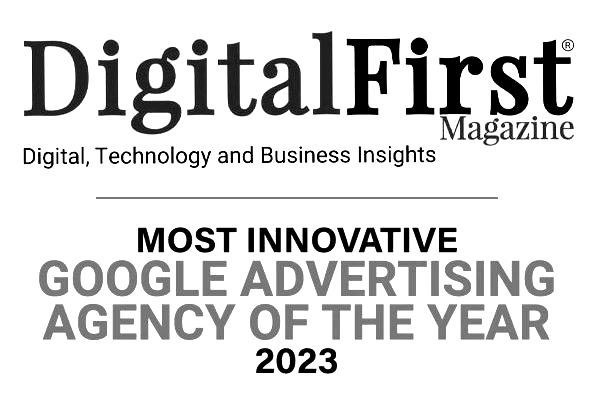Google's Algorithm and Helpful Content
A New Criteria
Google's search algorithm is constantly evolving to provide users with the most relevant and informative results. In recent years, Google has placed a greater emphasis on E-E-A-T (Experience, Expertise, Authoritativeness, and Trustworthiness) and helpful content. These factors play a crucial role in determining how well a website ranks in search results.
E-E-A-T
E-E-A-T is a set of guidelines that Google uses to assess the quality of content on a website. These guidelines are used by human raters who evaluate websites and provide feedback to Google. Google uses this feedback to improve its search algorithm and ensure that it is surfacing high-quality content.
The three main components of E-E-A-T are:
- Experience: There should be some evidence that the content has been produced with some degree of experience, such as using a product or having been to a place.
- Expertise: The author of the content should have a deep understanding of the topic they are writing about. This means that they should have relevant education and training.
- Authoritativeness: The author should be a recognized expert in their field. This means that they should be cited by other experts, have been featured in reputable publications, or have a strong online presence.
- Trustworthiness: The content should be accurate, objective, and unbiased. The author should be transparent about their affiliations and should not promote their own products or services.
What Google Deems ‘Helpful Content’
In addition to E-E-A-T, Google also considers the helpfulness of content when ranking websites. Helpful content is content that is original, informative, and satisfies the user's search intent. It should be well-written, well-researched, and easy to understand.
Google has a number of automated systems that help to identify helpful content. These systems look for factors such as the length of the content, the amount of original research, and the use of relevant keywords.
Human vs. AI Content Development
The rise of artificial intelligence (AI) has led to the development of AI-powered content creation tools. These tools can be used to generate text, translate languages, and even write different kinds of creative content.
While AI-powered content creation tools can be helpful, they are not a substitute for human expertise. AI tools can sometimes produce content that is factually inaccurate, misleading, or even offensive. It is important for humans to review and edit AI-generated content before it is published.
How Human vs. AI Content Development Ties into Google's EEAT Criteria
Google's E-E-A-T criteria are designed to ensure that content is created by humans who have a deep understanding of the topic they are writing about. AI-generated content can often lack this level of expertise.
Additionally, AI-generated content can sometimes be written in a way that is impersonal or robotic. This can make it difficult for users to trust the content. As a result, Google is more likely to rank websites that contain content that is written by humans.
However, AI-powered content creation tools can still be used to create helpful content, as long as it is carefully reviewed and edited by humans.
Key Takeaway
Google's E-E-A-T and helpful content guidelines are designed to ensure that users find high-quality content that is informative and satisfies their search intent. By creating content that meets these guidelines, website owners can improve their chances of ranking well in search results, leading to increased customer acquisition and business growth.


